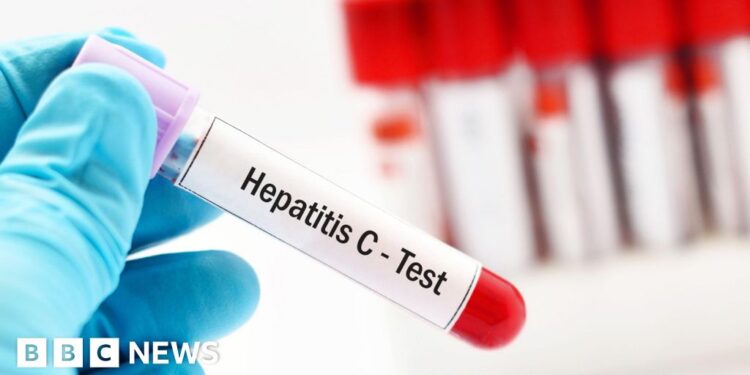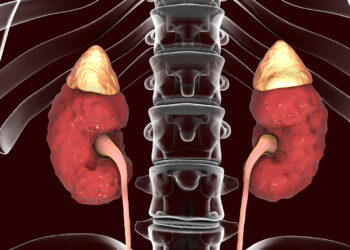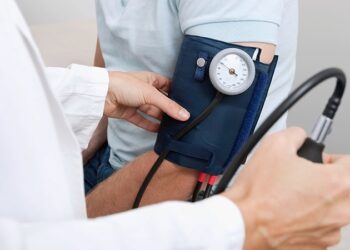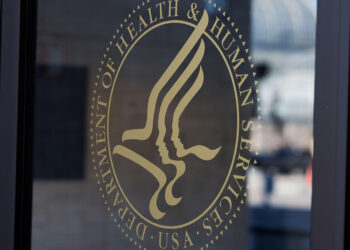GPs in England are to help the NHS find more undiagnosed patients affected by the contaminated blood scandal.
It is thought thousands of people could have been exposed to the hepatitis C virus through contaminated blood transfusions in the 1970s, 80s and 90s; part of a scandal which affected more than 30,000 people in the UK.
From June, patients signing up to a GP practice, who received a blood transfusion before 1996, will be offered a test for hepatitis C.
The BBC revealed the scale of undiagnosed cases last year, as people with life-threatening liver damage caused by the virus over many years continue to be identified.
Hepatitis C can now be treated by modern anti-viral drugs to eliminate the virus for most patients.
But if it goes undetected and undiagnosed there may not be any noticeable symptoms for some time and it can infect the liver and cause serious damage, leaving the organ beyond repair.
Maureen Arkley, who died last year, was diagnosed with hepatitis C and cirrhosis of the liver in 2023, more than 40 years after she had an operation involving multiple blood transfusions. These were on her medical records but she was not told by her GP or anyone in the NHS that she could have been exposed to the virus.
BBC News highlighted her case as one of many people let down by the lack of testing following the infected blood scandal.
It is one of the biggest treatment disasters in NHS history – 3,000 people who were infected with HIV and hepatitis C after being given contaminated blood products have died.
Many of the victims were haemophiliacs, who were given infected blood products as part of their treatment.
Many thousands more were given transfusions using contaminated blood after accidents, emergencies or childbirth.
Maureen died in February 2024, five months after her diagnosis and 47 years after a blood transfusion infected her.
“The end was utterly horrific, she weighed less than four stone when she died,” her daughter Victoria told the BBC.
NHS England says around 400,000 people each year, born before 1996, will be asked if they have ever had a blood transfusion through the online GP registration form.
This was a move recommended in the Infected Blood Inquiry report, published in May 2024.
If a previous blood transfusion is confirmed, patients will be able to test themselves for hepatitis C at home, using a finger prick blood test which is then posted to a lab for analysis.
Tests can also be carried out at GP surgeries, sexual health clinics and other places, NHS England says.
The charity Hepatitis C Trust is also encouraging anyone who had a blood transfusion before 1996, including current GP patients, to get tested.
“Every two weeks we hear from someone infected with hepatitis C through a transfusion who is only now finding out,” said the charity’s chief executive, Rachel Halford.
“All of these people have had hepatitis C for more than three decades; some are very ill. A more proactive approach is critical to reaching and diagnosing those who remain unaware of their infection.”
NHS England medical director Prof Stephen Powis said the “simple change” to the GP registration process was “a vital step forward” to ensure nobody affected by contaminated blood is “undiagnosed and unsupported”.
“The failures of the contaminated blood scandal have had a horrifying impact for patients and their families for decades, and I would like to reiterate our deepest apologies for the role the health service played in the suffering and loss for so many,” he added.
Health officials say the risk of getting an infection from a blood transfusion or from blood products since screening of blood donations was introduced, is very low.
All blood donations have been screened for HIV, hepatitis B, and hepatitis C since September 1991.
Source link : https://www.bbc.com/news/articles/c93lqz7lrkyo
Author :
Publish date : 2025-05-19 00:59:00
Copyright for syndicated content belongs to the linked Source.












